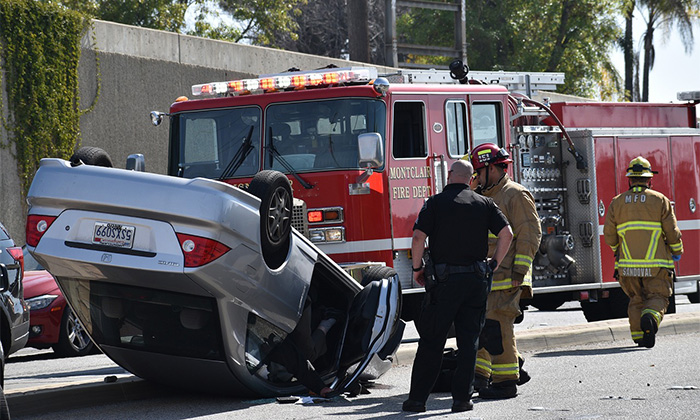Ridesharing services like Uber and Lyft have become increasingly popular modes of transportation in Florida. While these services offer convenience, accidents involving rideshare vehicles can still occur. If you find yourself in such a situation, it is essential to understand how to claim damages in rideshare accidents in Florida.
Rideshare Company Insurance Requirements in Florida
Rideshare companies like Uber and Lyft are required to provide insurance coverage for their drivers while they are using the app. Florida law dictates the minimum insurance requirements for rideshare companies or transportation network companies (TNCs) like Uber and Lyft as follows:
- Primary Automobile Liability Coverage: TNCs are required to maintain primary automobile liability coverage when a driver is logged into the app but has not yet accepted a ride request. The minimum coverage limits are $50,000 for death and bodily injury per person, $100,000 for death and bodily injury per incident, and $25,000 for property damage per incident.
- Primary Automobile Liability Coverage During a Trip: When a TNC driver accepts a ride request and is en route to pick up or transport a passenger, the TNC is required to maintain primary automobile liability coverage with minimum limits of $1,000,000 for death, bodily injury, and property damage per incident.
- Uninsured/Underinsured Motorist Coverage: TNCs are also required to provide uninsured/underinsured motorist coverage with minimum limits of $1,000,000 per incident during a trip.
Third-Party Liability Coverage
In Florida, rideshare companies are also required to provide third-party liability coverage, which covers bodily injury and property damage to third parties (e.g., passengers, pedestrians, or occupants of other vehicles) when a rideshare driver is at fault.
Rideshare Driver’s Personal Insurance
Rideshare drivers are typically required to maintain their own personal auto insurance policies. These policies may come into play if the rideshare company’s insurance coverage is insufficient.
How to Claim Damages in Florida Uber/Lyft Accidents?
Step 1: Identify the Responsible Party
Determining liability in rideshare accidents can be complex. Depending on the circumstances, the responsible party may include:
- The rideshare driver.
- Another driver involved in the accident.
- The rideshare company itself.
Understanding who is at fault is critical to pursuing a claim. If the rideshare driver is responsible, their insurance coverage and the rideshare company’s insurance may come into play.
Step 2: Contact the Rideshare Company
If you were a passenger in the rideshare vehicle or if the rideshare driver was at fault, you should contact the rideshare company (Uber, Lyft, etc.) immediately. These companies typically provide insurance coverage for their drivers, which may include coverage for your injuries and property damage.
Step 3: Gather Evidence
Collect as much evidence as possible at the accident scene. This may include:
- Photos of the accident scene, vehicle damage, and any visible injuries.
- Witness statements and contact information.
- The rideshare driver’s information, including their name, license, and insurance details.
- The police report, which provides an official account of the accident.
- Medical reports, documenting your injuries, and pain and suffering.
Step 4: Report the Accident to Your Insurance
Notify your own auto insurance company about the accident, even if you were not driving. Your insurance policy may provide coverage or assistance depending on your circumstances.
Step 5: Consult with a Florida Rideshare Accident Attorney
Rideshare accident cases can be legally complex, involving multiple parties and insurance companies. Consulting with a personal injury attorney, like Robert W. Rust, Esq., who has experience in handling rideshare accident cases, can be highly beneficial. With his guidance and legal representation, you can navigate the complexities of the claims process and work towards receiving the maximum compensation you deserve. Call us at 305-200-8856 or contact us online to schedule your free consultation.
